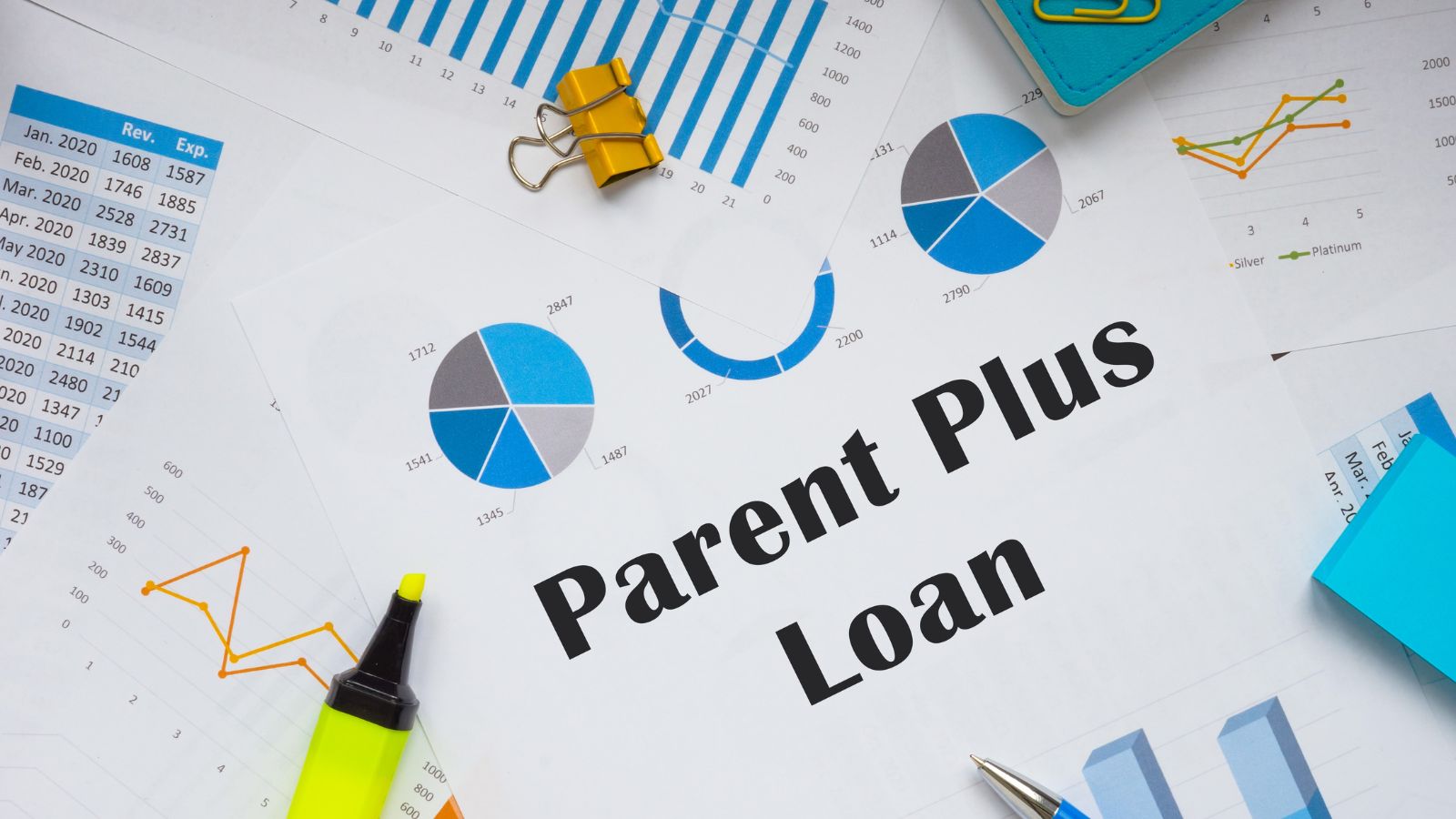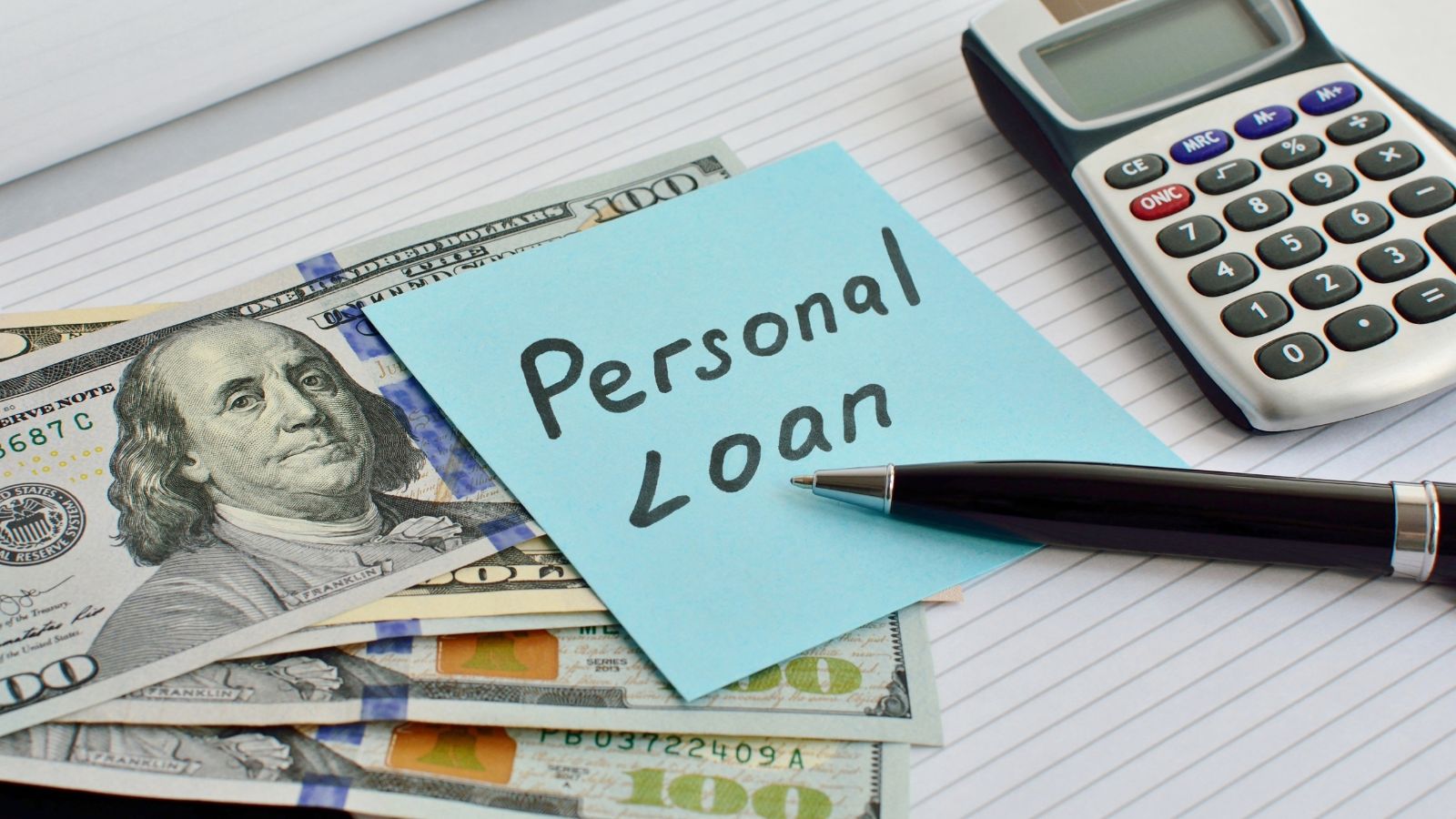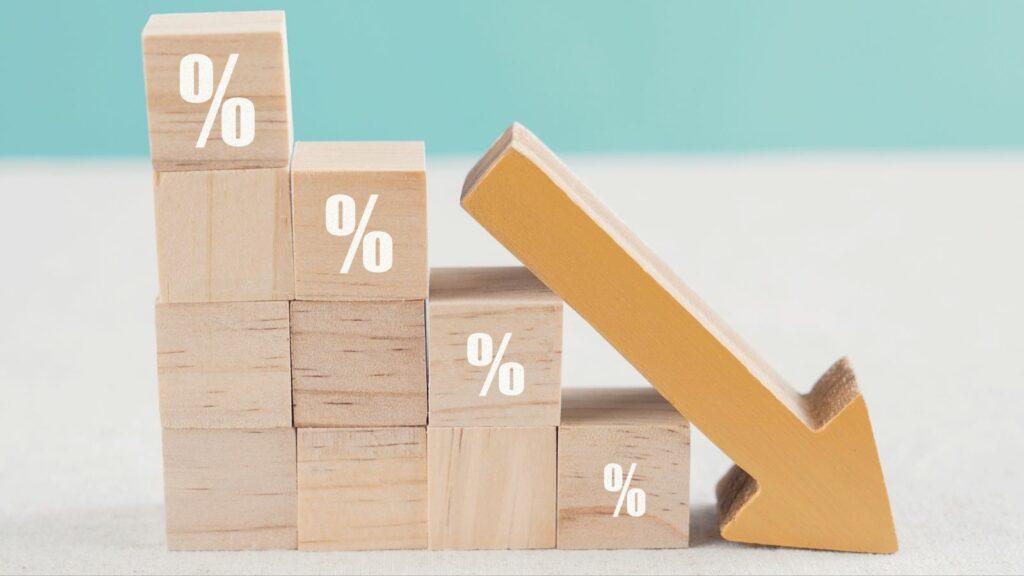In the past, people thought they could pay off their debt someday. One was expected to pay off debt eventually, be it credit card bills, mortgages, or student loans. But that fantasy is dissolving, bit by bit. These days, many people find that their debt is a long-term burden that lasts far longer than they anticipated. Let’s explore 17 shocking facts about how debt is becoming a permanent companion for an increasing number of people.
Student Loans Affect More Than Just Young People

Many who take out student loans in their early twenties, thirties, and sixties are saddled with debt. Many borrowers are still paying down student debts long after graduation, and some will make payments as they near retirement.
Credit card debt might have the appearance of a chasm.

Credit cards may seem like a safety net in hard times, but a little debt can become a huge burden due to the high interest rates. Since many people make a minimal monthly payment, their debt keeps increasing due to compound interest, making it impossible to pay it off entirely.
Medical Debt Continues to Increase

Medical debt is an erratic and frequently burdensome financial burden. Unexpected medical emergencies or operations can leave families deeply in debt beyond what their insurance would pay. Medical expenditures might force families to take out loans they would never be able to repay due to the high cost of healthcare.
Owning a Home May Cause Lifelong Debt

Purchasing a house is a shared accomplishment, but many people have to pay a 30-year mortgage. Sometimes, there’s never enough money to pay off a mortgage because of growing interest rates or job losses. At first, refinancing may seem like a smart move, but it frequently resets the loan, increasing borrowers’ debt.
Auto Loan Terms Are Extending

Once shared, auto loans lasted only a few years, but seven-year loans are the standard these days. Although the monthly payments are reduced, the car must be paid off much past its prime, keeping people in debt long after their value drastically decreases.
Credit Scores Keep Individuals Bound by Debt

Although having a high credit score can help one access cheaper interest rates, it also forces borrowers to continue taking out and repaying loans. Many feel pressured to take on additional debt to keep their credit score good, which traps them in a never-ending payback cycle.
Living Expenses Are Rising Faster Than Wages

Increasing housing, food, utility, and daycare prices have made it difficult for many people to pay their everyday bills without utilizing credit. People turn to debt as a lifeline to make ends meet when their earnings don’t increase at the same rate as inflation, even if doing so only worsens their financial problems.
Parent PLUS Loan Burden

Parents frequently incur additional debt to support their children’s college education, but these loans don’t always offer the same flexible repayment options as federal student loans. This leaves parents with significant debt that may follow them into old age, adding to their financial strains.
There Is No Debt-Free Zone in Retirement

An increasing number of seniors with debt hanging over their heads are approaching their golden years. Retirees are not spending their fixed incomes on enjoying retirement as planned; instead, they use it to pay off debt due to outstanding mortgages, credit card debt, and personal loans.
Your Mental Health Can Be Affected by Debt

Finally, debt has an impact on mental health in addition to finances. Anxiety and despair can result from ongoing worry about bills, dread of running out of money, and a sense of being stuck. People in debt may find it more challenging to concentrate on breaking free of it due to the psychological effects of the debt, which might trap them in an unending loop.
‘Buy Now, Pay Later’ Schemes: A Tempting Offer

Schemes that let customers “buy now, pay later” could seem like an excellent idea, but they trick people into taking on more debt than they realize. These programs frequently include exorbitant interest rates or penalties for late payments, which result in debt that persists long after the initial purchase is forgotten.
Personal Loans May Not Always Be the Best Option

Although personal loans are promoted to pay off high-interest debt, they may become just another source of long-term debt. Personal loan repayments can quickly become prohibitive in the event of a change in financial circumstances, such as losing a job or encountering unforeseen expenses, keeping borrowers in debt longer than they had intended.
Debt Collections Continue

Debt doesn’t simply vanish once it enters the collections phase. Collection agencies persistently pursue debtors who have difficulty making payments, adding to their stress levels and possibly prolonging the debt through fines and penalties.
Debt Prevents Wealth Building

Debt is beyond missed chances and monthly payments. A dollar spent on debt is a dollar that could be saved, invested, or saved for retirement. In the long run, the result is a protracted period spent in debt trapping individuals, preventing them from accumulating wealth and securing their financial future.
The Interest Rate Is Rising

All loan categories, including credit cards and mortgages, are seeing a gradual increase in interest rates. An increase in interest rates can cause your debt to grow faster than you can pay it off, even if you have been making consistent payments. This can lengthen the time it takes to pay off your sum.
Court and Legal Fees Can Add Up

Legal action can occasionally follow for those who fall behind on debt payments. Penalties, court charges, and legal fees only make things more difficult. These legal problems add another degree of financial strain and may cause the debt to accrue over an extended period.
Lasting Debt Is Often the Result of Divorce

Divorces are expensive and emotionally exhausting at the same time. Due to alimony payments, asset division, and legal costs, both parties are frequently left with debt that persists long after the marriage has ended. Divorce can leave a person financially burdened for decades.
Conclusion

For many people, what was once considered a brief financial setback has now become a long-term, frequently lifetime burden. Getting out of debt seems almost impossible, whether from credit card debt, mortgages, or student loans. People can make better financial decisions and potentially start to loosen debt’s hold on their lives by becoming aware of these hidden truths. Even though getting out of debt might seem challenging, admitting that you have problems is the first step to taking charge of your financial destiny.
18 Reasons Why People Are Leaving Florida in Masses

Exploring factors that impact the desirability of living in Florida, this list delves into various challenges shaping residents’ experiences. From environmental concerns like rising sea levels to economic factors such as fluctuating job markets, these issues collectively contribute to a nuanced understanding of the state’s appeal.
18 Reasons Why People Are Leaving Florida in Masses
